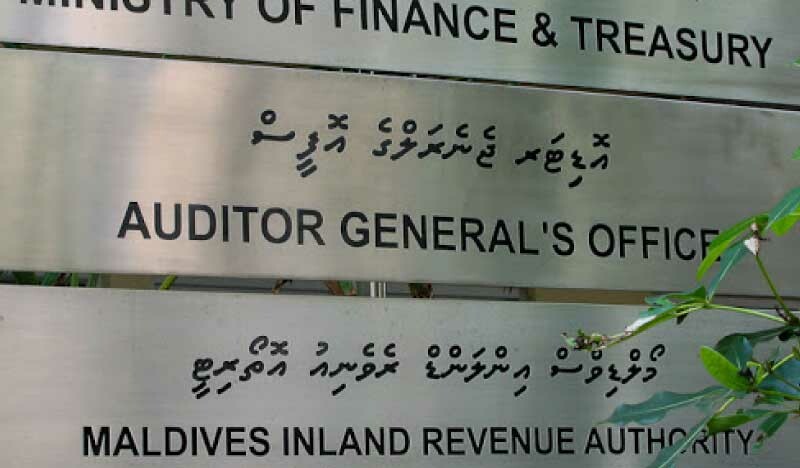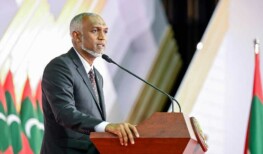Auditor General’s Report Reveals Unsustainable Government Expenditures

The Auditor General’s Office reveals that government overspending in various areas has led to a high fiscal deficit and rising debt, in spite of the government meeting revenue goals.
According to the ‘Auditor General’s Report on Review of Budget Position Report 2023 and Mid-Term Budget Review 2023’, 79% of the expected revenue was already collected in the first nine months of the year. However, specific areas of revenue collection have encountered significant shortfalls, particularly in grants and donations, which have achieved only 19% of the budgeted amount.
Expenditure patterns reveal alarming trends, with certain sectors exceeding budget allocations by considerable margins. Notably, subsidies and welfare schemes, including fuel and electricity subsidies, Aasandha healthcare scheme, and parallel medical welfare initiatives, have witnessed unsustainable spending levels. Expenditure on State-Owned Enterprises (SOEs) and public sector investment projects has also surged, exacerbating fiscal pressures.
The report highlights that capital projects such as infrastructure have incurred higher costs than anticipated, while increased debt repayment costs pose risks to the country’s financial stability.
The report also underscores the challenge of a high fiscal deficit, indicating that the government is still spending more than it earns despite recovering from the economic impact of COVID-19. State-owned enterprises (SOEs) are highlighted as heavily reliant on government support and not generating the expected income, further contributing to the fiscal deficit.
Moreover, the increasing debt repayment costs raise concerns about the country’s financial stability, particularly the dual pension system, which the report deems burdensome on the state budget.
The report offers several recommendations to address the fiscal situation in response to these challenges. These include making more realistic revenue projections, better controlling and reducing subsidies, evaluating and improving the performance of loss-making SOEs, ensuring realistic budgeting for infrastructure and other projects, and carefully monitoring and managing debt to maintain financial stability.
As the year progresses, policymakers and monetary authorities must carefully consider and implement measures to address the identified fiscal challenges and steer the country toward a more secure financial footing.







